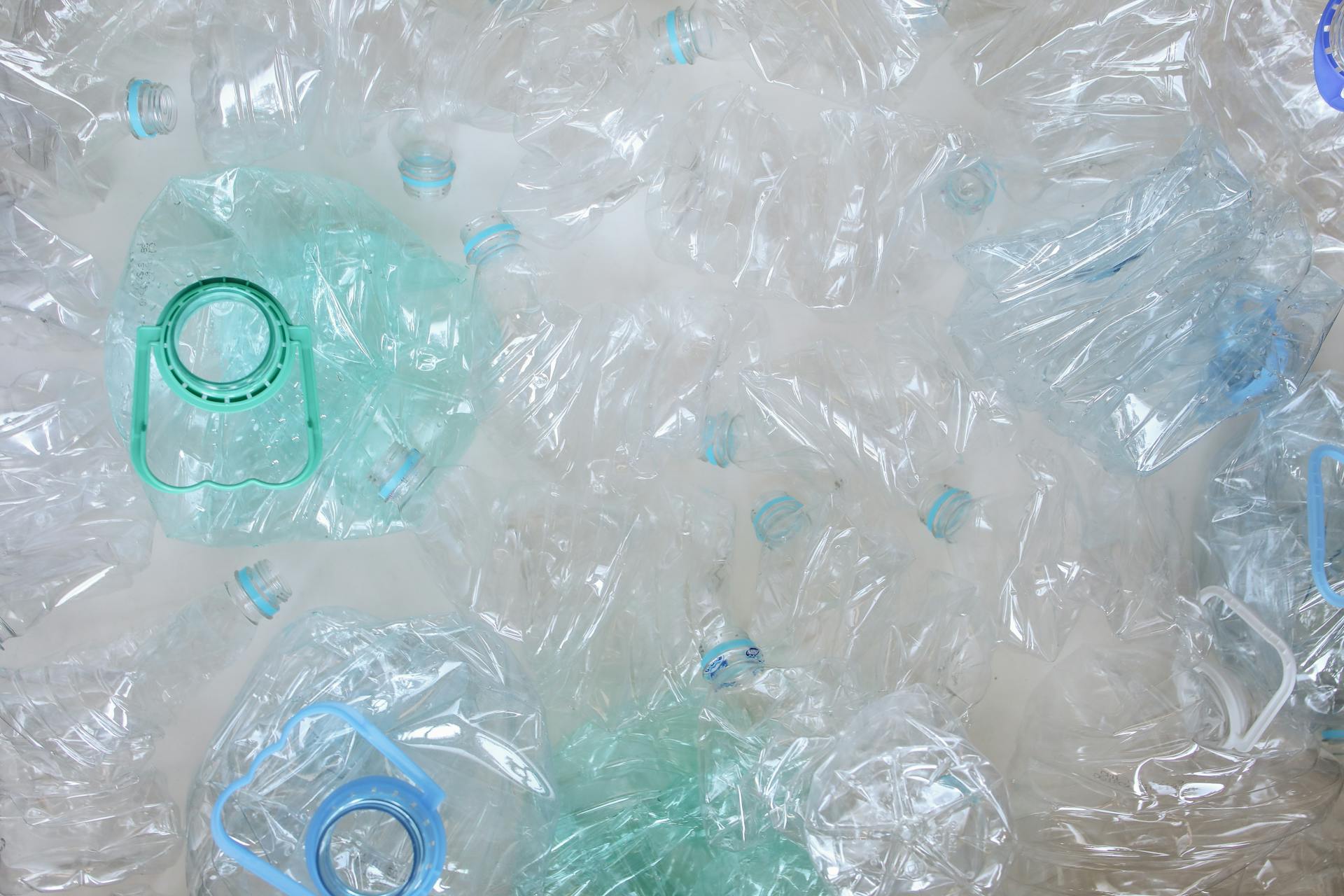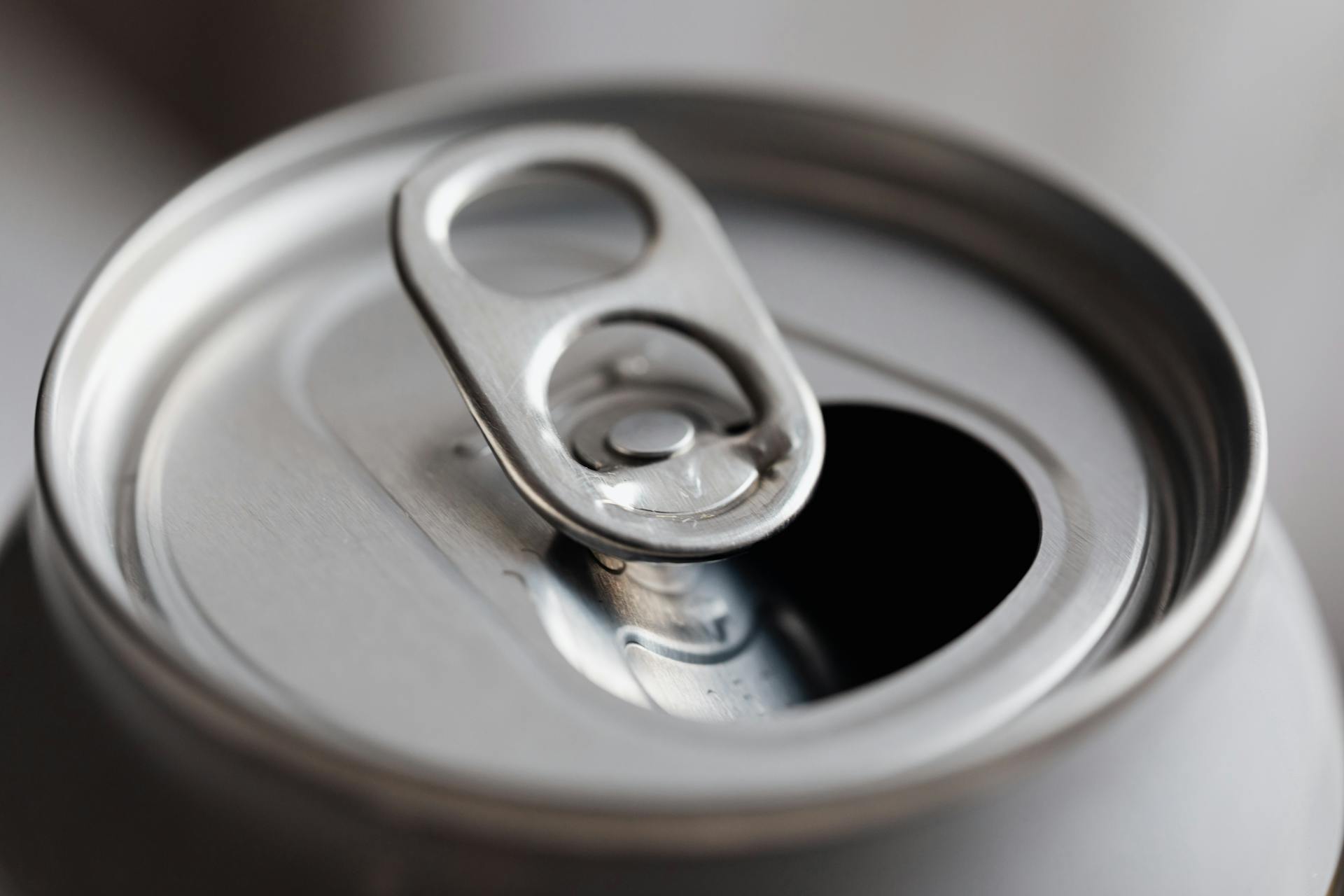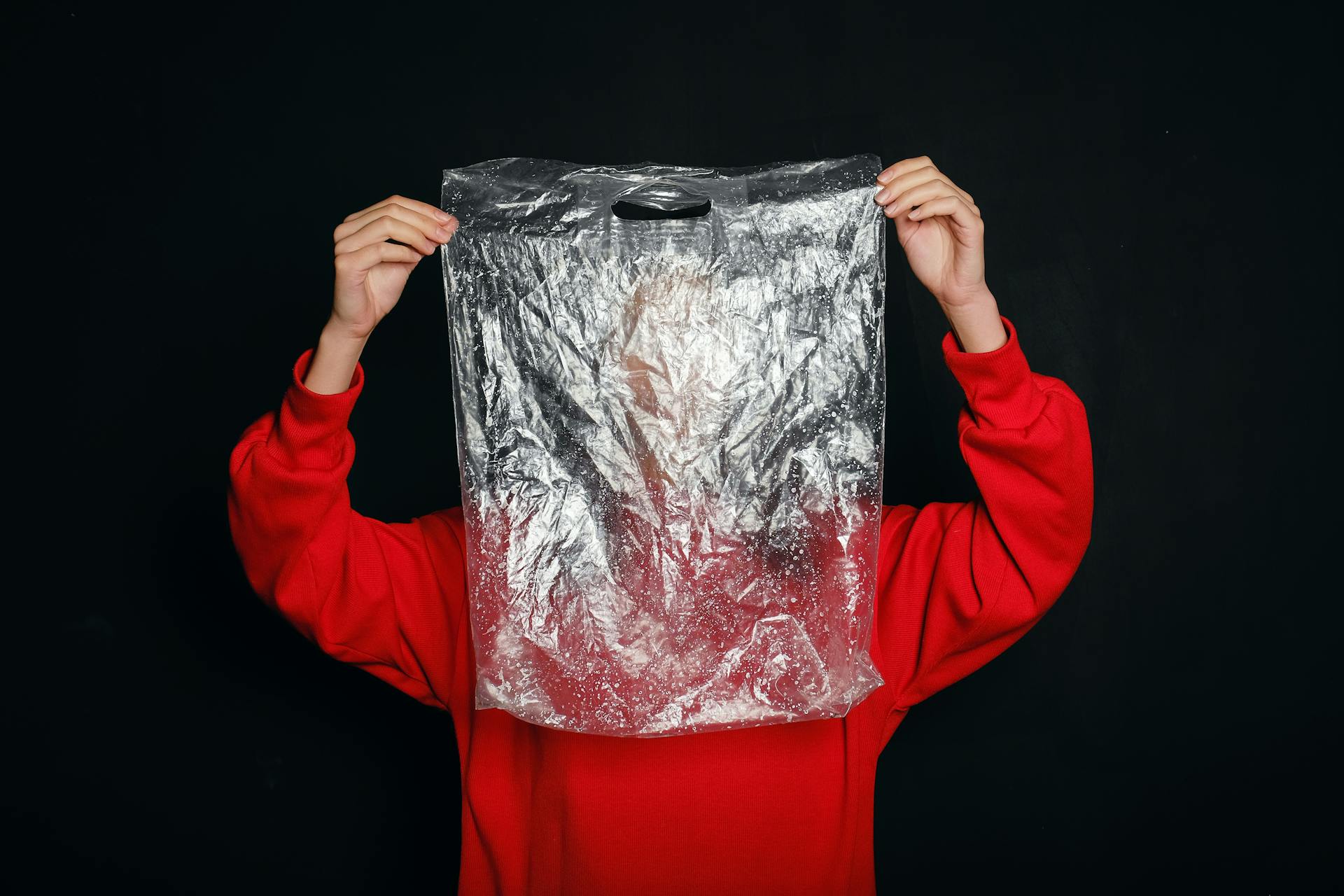
Can you recycle plastic bags? It's a question that many people ask themselves when trying to reduce their environmental impact. Plastic harms human health and the environment, as it can take hundreds of years to break down and can release toxic chemicals into the soil and water.
Waste adds up quickly in our daily lives, with plastic bags being one of the most common items found in landfills. Unfortunately, many of these bags are not recycled and end up in incinerated trash or polluting our oceans. But is there a way to recycle plastic bags and prevent them from causing harm to our planet?
Recycling plastic bags can be challenging, as they require special processing techniques due to their composition. In this article, we will explore the truth behind recycling plastic bags - what happens to them when they are recycled, where you can recycle them, and what alternatives exist for reducing your plastic bag usage. Join us on this journey to discover how you can make a positive impact on the environment by learning how to recycle plastic bags!
Discover more: Recycled and Upcycled Clothing
Can You Recycle Plastic Bags? Find Out Here!
Plastic bags are everywhere, and we use them for a variety of purposes like grocery shopping and carrying our belongings. However, they often end up in the trash and pollute the environment. So the question is, can you recycle plastic bags? The answer is yes! Many cash register supermarkets have store collection bins where you can drop off your used plastic bags.
To ensure that the plastic bags are recycled correctly, it's important to clean them before dropping them off at designated collection areas. This helps keep the facility clean and prevents contamination of other recyclable materials. Some stores may also accept black plastic bags, but it's best to check with them first as these may not be accepted at all facilities.
It's worth noting that dyed plastic produces darker pellets limiting its recycling capabilities. Consequently, avoid buying dyed or tinted plastic bags whenever possible. Recycling plastic bags has many benefits for our environment by reducing waste and conserving resources. So let's do our part by properly disposing of our plastic bags in designated store collection bins!
Suggestion: Are Trash Bags Recyclable
Discover the Proper Way to Recycling Plastic Bags in the Bin
Plastic bags are a thin flimsy plastic material including grocery store bags, produce bags, and ziploc-type baggies. They can easily get tangled up in recycling equipment at curbside recycling centers, causing damage and delays to the standard recycling machinery. Therefore, it is crucial to follow the proper guidelines for disposing of plastic bags.
The best way to recycle plastic bags is by using specialized type recycling equipment. This specialized equipment is designed to handle these types of materials without causing any damage or delay to the recycling process. It is important to note that this type of recycling equipment is not available at most curbside recycling centers, so you may need to take your plastic bag waste to a local recycling center that has this special machine.
If you cannot find a local recycling center with specialized equipment, the next best option is to reuse your plastic bags as much as possible before disposing of them in the bin. You can use them for carrying groceries or other items instead of purchasing new ones each time. When it comes time to dispose of them, make sure they are clean and dry before placing them in a designated plastic bag recycling bin at your local store or supermarket. By following these simple steps, you can help reduce plastic waste and ensure that your plastic bags are properly recycled.
Discover more: Cardboard Box Recycling
Why can’t I put bags in my bin?
If you’ve ever wondered why you can’t just toss your plastic bags into your curbside recycling bin, you’re not alone. The truth is that while some communities accept plastic bags, the vast majority of recycling facilities don’t. This isn’t because plastic bags can’t be recycled, but rather because they create a host of problems for the machinery used to sort and process recyclables.
Unlike rigid plastics like gallon milk containers, plastic bags bend easily and can jam machinery or wreak havoc on conveyor belts. As a result, machine-sorted waste streams become contaminated with these materials, which then have to be removed by hand. This extra labor required and higher amount of equipment downtime makes it difficult to maintain a profitable recycling program.
Throwing plastic bags into your curbside bin may seem like a small handful of items, but the reality is that this mix wreaks havoc on the large-scale machinery used by recycling facilities. If we want to make sure our waste gets recycled as efficiently as possible, it’s important that we only place items in our bins that can be easily processed by machines without causing any jams or other issues.
Readers also liked: What Old Plastic Tupperware Containers
Discover the Process of Recycling Plastic Bags
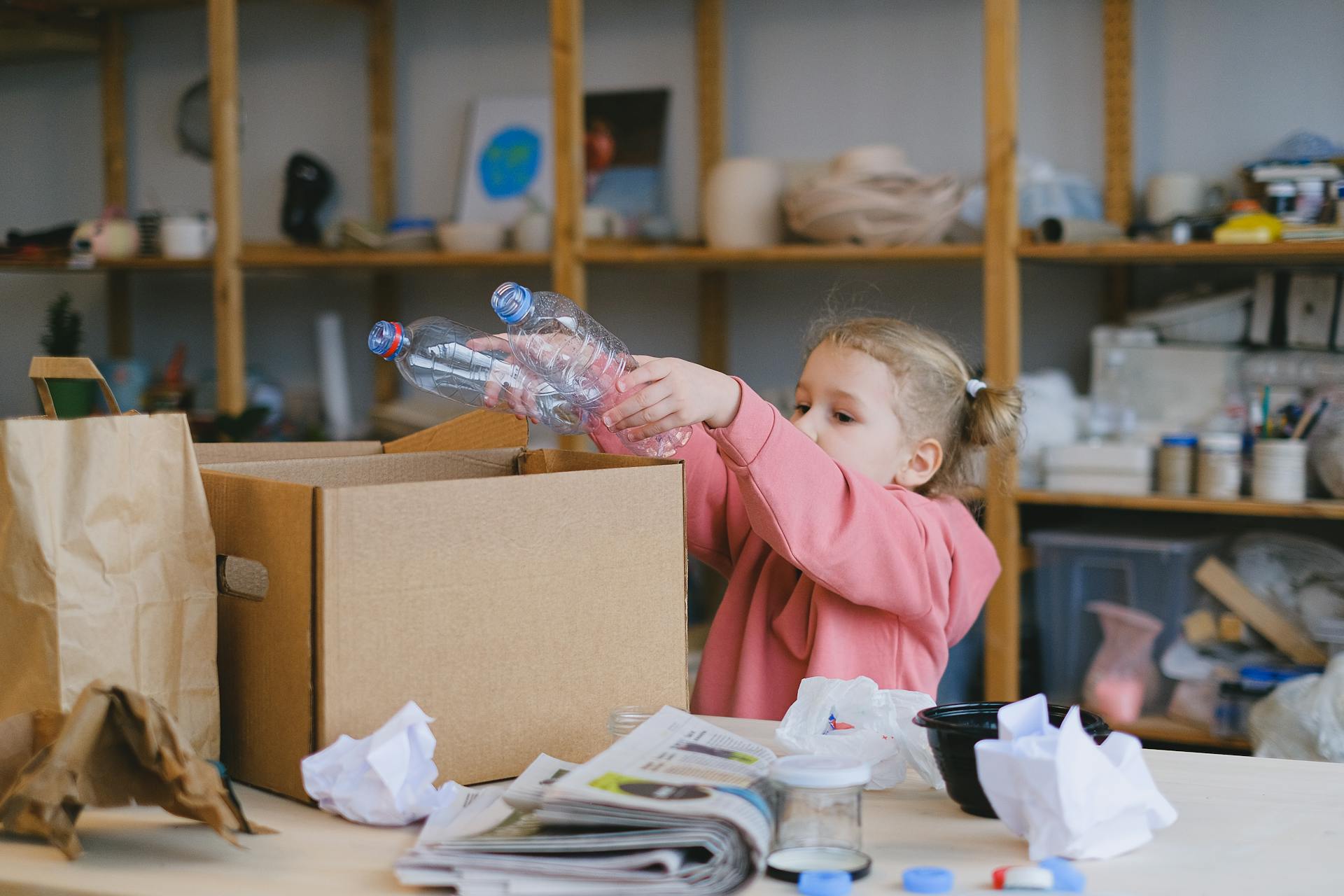
Recycling plastic bags is a great way to reduce the amount of waste in our environment. The process involves collecting plastic bags, cleaning and sorting them, and then sending them to a recycling facility where specialized equipment melts the plastic bags into pellets. These pellets can then be used to make various plastic products such as decks, benches, tables, fences, playground equipment, and composite lumber.
Final Thoughts on Can You Recycle Plastic Bags
In conclusion, the recycling of plastic bags is still a bit complicated. It varies depending on the locality's rules and regulations. Some curbside recycling programs accept plastic bags, while others do not. Collection bins for recycling bags can be found in some chain stores like Target and Walmart, but not all.
While it is great to recycle plastic bags and sacks, it is important to know that there are sustainable alternatives available. Opt for reusable shopping bags made from canvas or other materials instead of relying on single-use plastic bags.
Overall, we hope that you found this article helpful in understanding the complexities of recycling plastic bags. If you are unsure if your local recycling center accepts them, give them a call or check their website for information. Remember to always reduce and reuse before considering recycling!
Are Plastic Bags Recyclable in All States?
The use of plastic bags has become a hot topic in recent years due to the environmental impact they have on the world. While many states and cities have banned plastic bags, there is still confusion over whether or not they are recyclable in all states. In reality, recycling programs for plastic bags vary from state to state.
Currently, around 20 states in the United States have some form of plastic bag regulation in place. Additionally, more than 300 localities have banned plastic bags altogether. California was one of the first states to ban plastic bags back in 2016, but other states are following suit with their own bans or extra fees for using them. However, even if your state allows plastic bag collections at certain collection areas, it's important to note that not all facilities can process them.
In fact, only about 120 countries worldwide have widespread access to proper plastic bag recycling facilities. Therefore, while recycling may seem like a good idea on paper, it's not always feasible. Ultimately, reducing our reliance on single-use plastics and investing in reusable alternatives is the best long-term solution for protecting our planet.
Discover Ways to Recycle Plastic Bags Like a Pro!
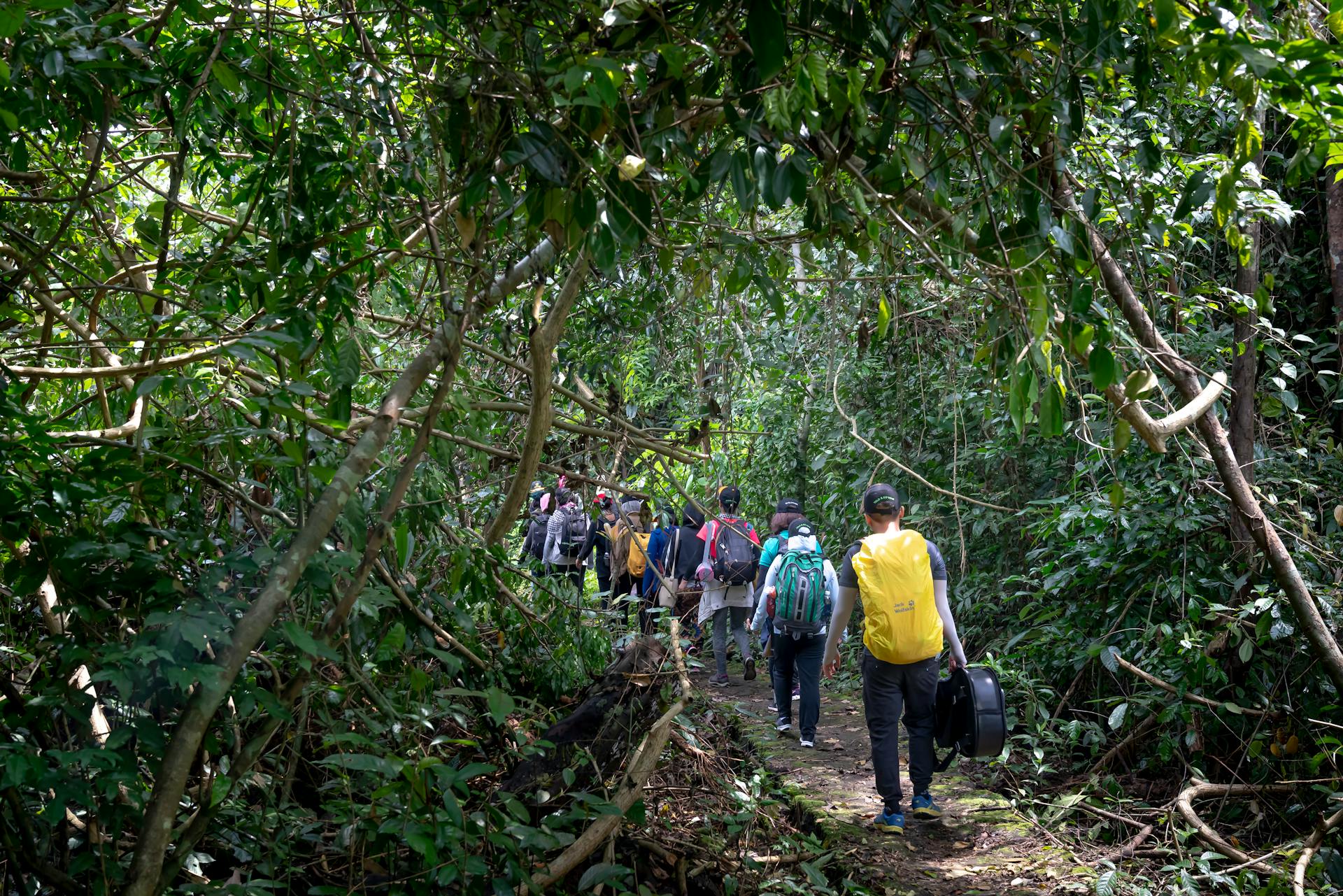
Plastic bags are widely used for carrying groceries and other items from stores like Target, Walmart, and many more. However, recycling plastic bags can be difficult as they don't directly go into the recycling bin like paper or cardboard. But fear not! Many local grocery stores have collection bins near the store's entrance where you can drop off your used plastic bags. These collection points are also available in some shopping malls or big box stores.
If you're unsure of where to find these collection points, simply search for them online by entering your zip code and finding the nearest drop-off location. Remember that it's important to recycle plastic bags because they take hundreds of years to decompose in landfills, which causes harm to our environment. So next time you go shopping, bring along your used plastic bags and drop them off at a nearby collection point or at your local recycling center.
Discovering the Composition of Plastic Bags Made Easy

Recycling plastic bags can be confusing and overwhelming, especially with the various types of bags available in the market. Some common plastic bags include grocery store bags, sandwich baggies, brand ziploc frozen food bags, bread bags, produce bags, newspaper bags, among others. These plastic bags come in different forms and sizes, but they all serve the same purpose - carrying items.
However, not all plastic bags are recyclable. Thin flimsy type of plastic bags may not be accepted by recycling facilities. Therefore it’s important to understand the composition of plastic bags before deciding if they can be recycled or not. This knowledge will help you make informed decisions on how to dispose of your used plastic bags and reduce their impact on the environment.
Discover the Ultimate Outcome: The Essential 'Bottom Line'
Can you recycle plastic bags? Yes, you can. But don't put them in your home recycling bin. Instead, take them to a drop-off location or check with your local grocery store for recycling options. If you have questions, alternatively, you can download the Recycle Coach Network app for local information including plastic bag recycling. Recycling these bags is essential for reducing waste and protecting our planet.
1. Need specific information for where you live?
If you're wondering whether or not you can recycle plastic bags in your area, the best thing to do is to check with your local recycling program. You can typically find this information online or by contacting your waste management department. For example, Martha on June 17, 2021 suggests checking if your residential bin accepts plastic bags or if there is a separate container for them. Some cities have stopped accepting plastic bags altogether in their curbside recycling programs due to the huge volume and difficulty of processing them.
If your area does not accept plastic bags in curbside recycling, some stores offer a "skinny collection box" where you can drop off compressed plastic bags for bulk return. Deanna Cheatham on June 21, 2021 suggests looking for shipping envelopes made of thicker plastic that have a gray lining instead of bubble plastic lining. These envelopes often have a paper label that indicates they are recyclable with grocery bags at participating stores. Esther Pardue on June 23, 2021 recommends calling Givens Estates to ask about their policies regarding plastic bags and paper labels glued onto them.
Related reading: Can You Recycle Paper Plates
2. Leave a Reply
If you have any comments or questions about recycling plastic bags, please feel free to leave them in the comment section below. Your email address and name will be required fields, but they will not be published. However, cookies cookies may be used to collect information for a personalized experience and web analytics purposes, so be sure to check out the software privacy policy on the Recycle Coach website for more details.
Frequently Asked Questions
What are facts about recycling?
Recycling helps reduce waste and conserve natural resources by reusing materials. It can also save energy, decrease greenhouse gas emissions, and create jobs in the recycling industry.
What bags can be recycled?
Bags made of paper, plastic, and cloth can be recycled. However, it is important to check with your local recycling center to see what specific types of bags they accept.
How can I reuse or recycle plastic carrier bags?
Plastic carrier bags can be reused as trash bags, for pet waste, or to carry items. Recycling options include bringing them back to the store for recycling or using a curbside recycling service that accepts plastic bags.
What are the benefits of recycling plastic bags?
Recycling plastic bags reduces waste in landfills, conserves natural resources, and helps prevent pollution.
What can be recycled through store drop-off?
Most stores accept plastic bags, wraps, and film, as well as certain types of hard-to-recycle plastic containers like cereal box liners, bread bags, and produce bags. Check with your local store for specific items accepted.
Featured Images: pexels.com
